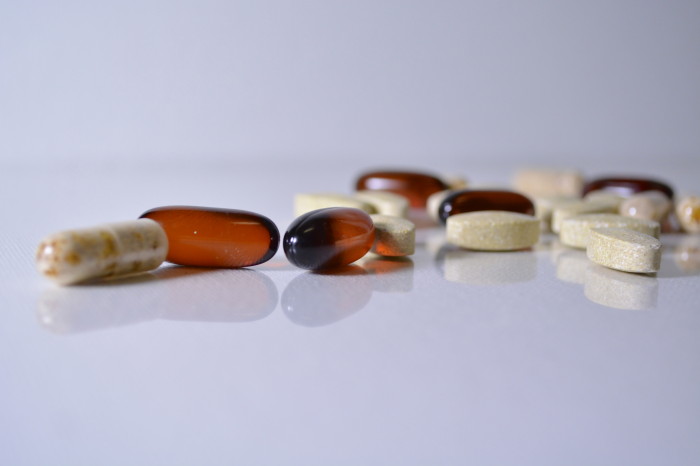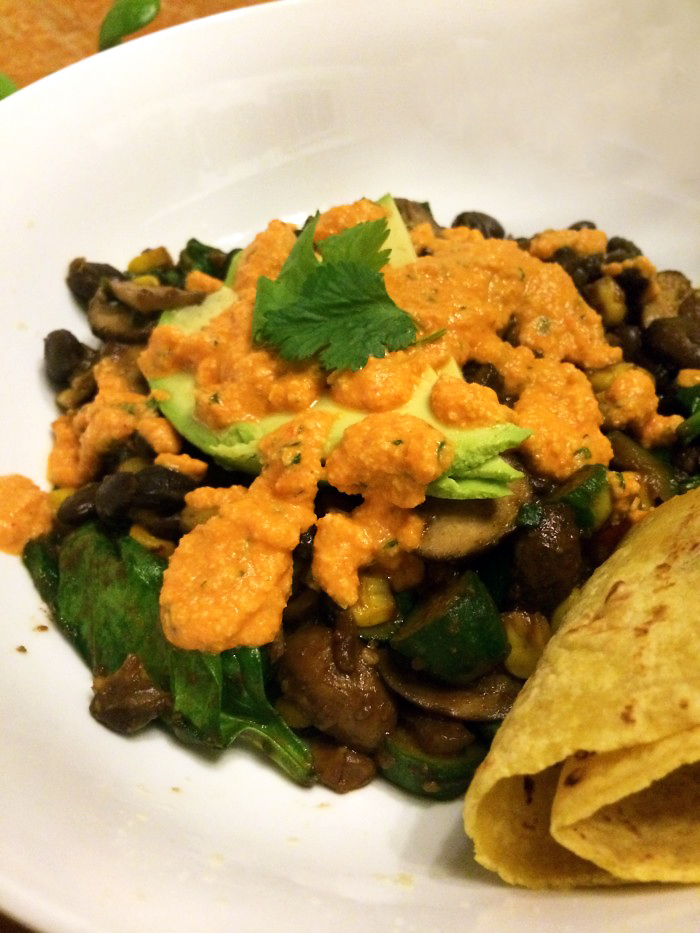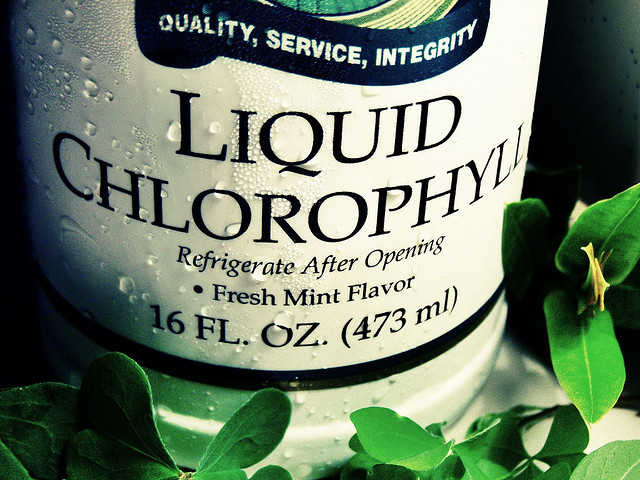
Even though we, as vegans, are pretty good about getting all of our nutrients from our plant-based diet, there are a few that are a little bit tricky, even for omnivores. There is vitamin B12, which is mainly found in animal sources; vitamin D, which is tricky for everyone since our busy modern lives require that we spend much of our time indoors; and the essential fatty acids DHA and EPA, which can be hard to absorb from plant sources. As always, it’s always a wise idea to get your nutrient levels checked by your doctor before starting a supplement regimen. A simple blood test can detect most deficiencies. The following are the common supplements vegans should be taking.
Vitamin B12– This is the biggie. It is super hard to get it naturally from plant foods. It’s not impossible, since B12 exists in the soil, but that would mean not giving your veggies a good bath before you eat them. That being said, vitamin B12 needs to be supplemented. B12 is formed by bacteria that live in the mouths and guts of animals. You can find B12 in fortified vegan foods such as plant milks and yogurts, and if you consume these foods regularly you probably are getting enough. But to ensure that you are, you should take a sublingual or liquid supplement three times a week. People who are deficient in B12 run the risk of developing pernicious anemia, which leads to immature red blood cell formation, oxygen deprivation, severe fatigue and permanent damage to the spinal chord. Permanent damage?Nobody wants that.
Vitamin D– We can technically produce enough vitamin D from being outside in the sun, but the reality is that most of us are not exposed to sunlight long enough to make all the vitamin D that we require. Vitamin D is important in various roles, including: maintaining strong bones, boosting immunity, brain and nervous system function, heart health, fertility, hearing, vision, and carbohydrate and fat metabolism. Whew! that’s quite the list! Studies show that vitamin D deficiency can be linked to fibromyalgia, rheumatoid arthritis, multiple sclerosis, depression, muscle weakness, diabetes, hypertension and cancer. It is generally recommended that you take a 1,000 mg dosage everyday.
Essential Fatty Acids DHA and EPA– Most people get their supply of these essential fatty acids from fish oil. Since, to quote Finding Nemo, fish are friends not food, you can get your daily dose from eating plenty of greens plus a daily serving of walnuts, chia seeds, ground flax seeds, hemp seeds, chia seeds, and canola oil. DHA and EPA are derived from the Omega-6 fatty acids linoleic acid(LA) and alpha linoleic acid(ALA). They are important for regulating natural body processes, as well as, they help with absorption of the fat soluble vitamins A, D, E, and K. Ok, so why is this so important to supplement if we can readily get these from plant food? According to Norris and Messina in Vegan for Life, it is because vegan diets contain so much Omega-6 fatty acids (which are found in things like safflower and sunflower oil and whole plant foods) that it suppress the conversion of LA to ALA to DHA and EPA. So, with that being said, it’s probably a good idea to supplement with an algae based vegan supplement of 200 to 300 milligrams every two days or so.
Interested in learning more about vegan nutrition? Check out these books that break it down into simple, digestible reading:
Vegan for Life by Jack Norris, RD and Virginia Messina, MPH, RD
Main Street Vegan by Victoria Moran
Vegan for Her by Virginia Messina, MPH, RD and JL Fields
Related: 5 Essential Nutrients for Vegans and How to Get Them
Best Mood Boosting Foods for Happiness and Calm
10 Reasons Why You Should Be Drinking Lemon Water
__
Photo: Krystle Troia-Alvarado




